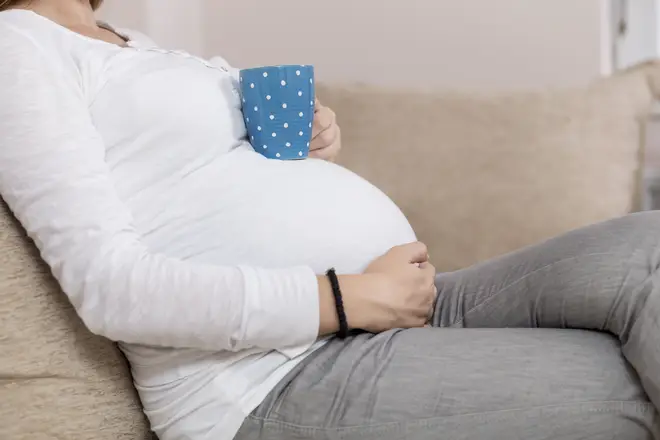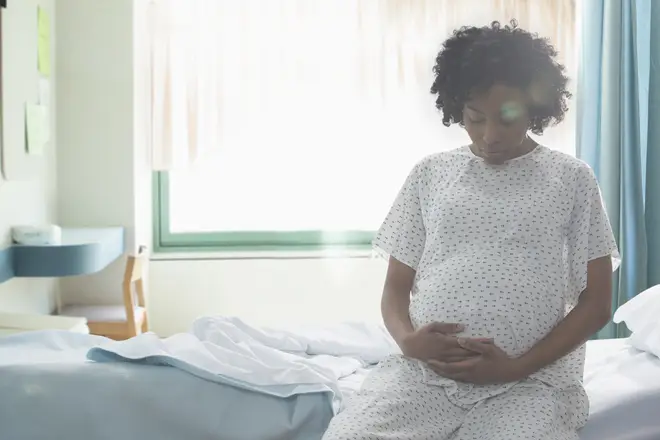Women should not drink any coffee or tea during pregnancy, new study claims
25 August 2020, 11:54

New research has found that there is 'no safe level' of caffeine for pregnant women.
According to NHS guidelines, pregnant women can consume 200mg of caffeine a day without it causing any harm to their baby.
However, new research carried out by Professor Jack James has suggested any amount of caffeine is a risk to an unborn baby.
The study found that drinking caffeine while pregnant had links to increased risks of miscarriage, stillbirth, low birth weight and leukaemia.
The Professor, from Reykjavik University in Iceland, wants the advice on caffeine for pregnant women to be "radically revised" following his findings.
READ MORE: The most popular first dance wedding songs in the world revealed

Professor James analysed 48 previous studies from the past 20 years that researched the impact of caffeine on pregnant women and their babies.
His results suggested that any amount of caffeine can cause harm to the baby, but chances increase the more caffeine that is consumed.
The study found that even 200mg of caffeine appeared to raise risks of miscarriage by 28 per cent and stillbirths by 38 per cent.

Speaking on the results, he said: “Current evidence does not support assumptions about safe levels of maternal caffeine consumption.
“The cumulative scientific evidence supports advice to pregnant women and women contemplating pregnancy to avoid caffeine.”

However, other health professionals have been quick to disagree with the Professor's findings, claiming that pregnant women do not need to cut out caffeine all together.
Dr Daghni Rajasingham, from the Royal College of Obstetricians and Gynaecologists, said on the study: "The findings of this study add to the large body of evidence that supports limited caffeine intake during pregnancy.
“But pregnant women do not need to completely cut out caffeine, as this paper suggests.
“High levels of caffeine during pregnancy can lead to miscarriage and babies having a low birth weight and may lead to excess weight gain in the child’s early years, which can increase risk of health problems later in life.
“However, as other – and potentially more reliable - research has found, pregnant women do not need to cut caffeine out entirely because these risks are extremely small, even if the recommended caffeine limits are exceeded.
“RCOG’s advice to limit caffeine intake to 200mg per day – the equivalent to two cups of instant coffee – still stands.
“This paper does not supersede all the other evidence that has found that a limited intake of caffeine is safe for the majority of pregnancy women.”
READ NOW: Pregnant woman furious as mother-in-law breaks in and steals from her nursery























